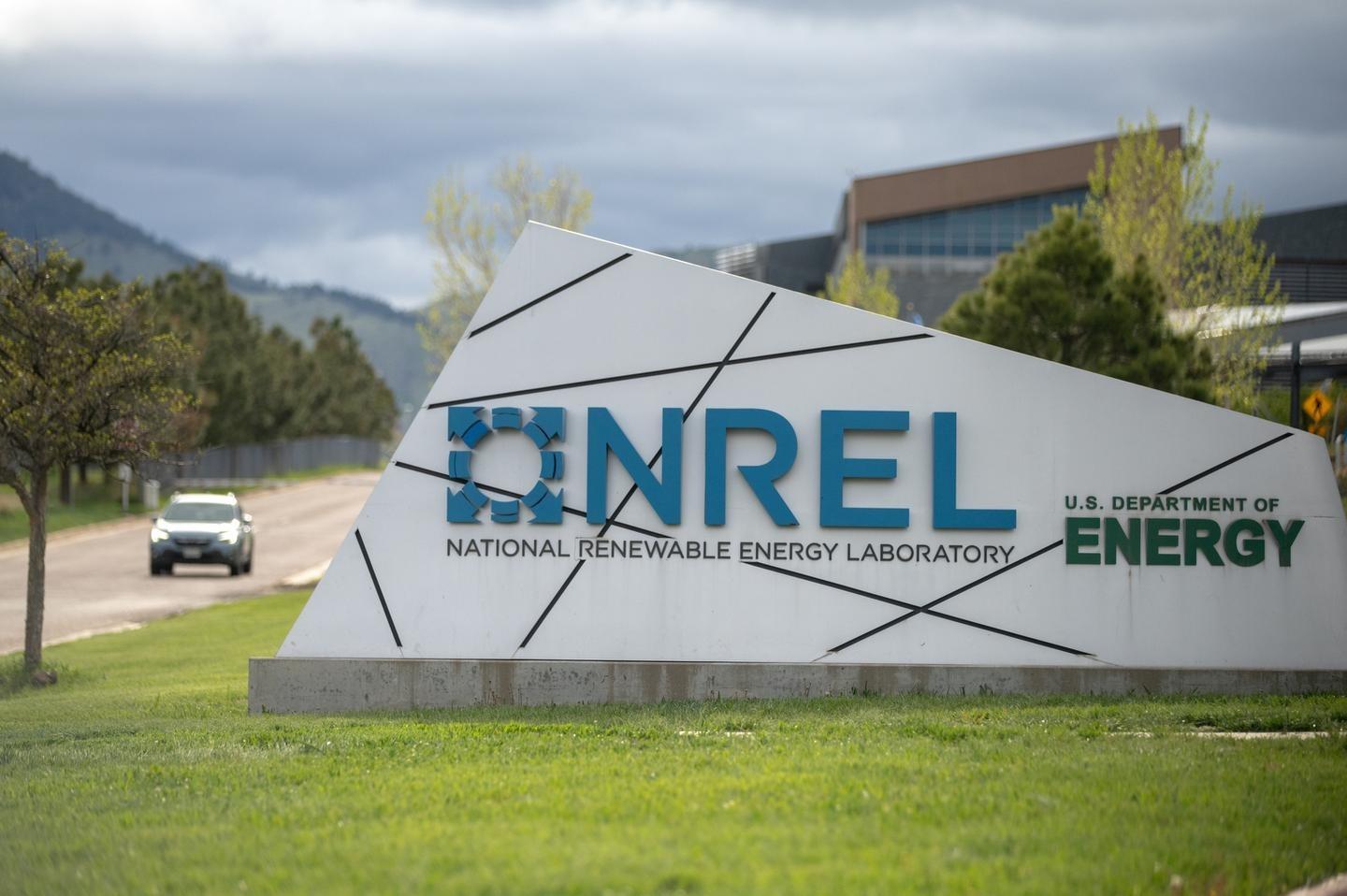The effects of climate change on Colorado’s water supply just got more complicated, according to a report from the National Center for Atmospheric Research in Boulder.
The paper finds that while warmer winters are causing mountain snowpacks to melt earlier, the speed at which they melt is getting slower. That’s because the long nights and weak sunlight of early spring cause less thawing each day, compared to later in the year.
NCAR reviewed 10 years of snowpack observations from about 1,000 sites in the U.S. and Canada and used that data to build computer models for future snowpack behavior up through the end of the 21st century.
As for what this means for water managers, and the wider environment, the implications are mixed.
“A reduction in high melt rates could mean fewer spring floods,” says Keith Musselman, the study’s lead author. “But it could also cause warmer stream temperatures which could affect trout and other fish species.”
Slower thaws could also eventually mean less water in the alpine creeks that feed Colorado’s rivers.
“When snowpack melts more slowly, the resulting water kind of lingers in the soil, giving plants more opportunity to take up that moisture. And that water absorbed by plants is water that ultimately doesn’t make it into the streams,” Musselman says.
Meanwhile, in the short term, Denver Water, Colorado’s largest water supplier, says it’s well positioned for this year’s spring runoff season. Heavy snows in December and January more than offset a long dry fall and warm February.
“At the facilities where we collect our snowpack, we’re about 130 percent of average. And that’s before March and April, which are typically our snowiest months,” says spokesman Travis Thompson, “so we’re in really good shape heading into the spring.”
Thompson says despite the healthy snowpack now, it’s too early to say whether the mountains will yield more water this year than the utility’s reservoirs can hold. If it does have to release excess water, the higher river flows benefit rivers on the Western Slope.
Whatever happens, Denver Water customers shouldn’t expect to get a break on watering rules. Guidelines against watering in the middle of the day or wasting water on sidewalks and driveways are now permanently on the utility’s books.
“We never know when that next dry period is going to come, and when it does come, how long it’s going to last,” says Thompson. “And really what those are are common-sense guidelines.









